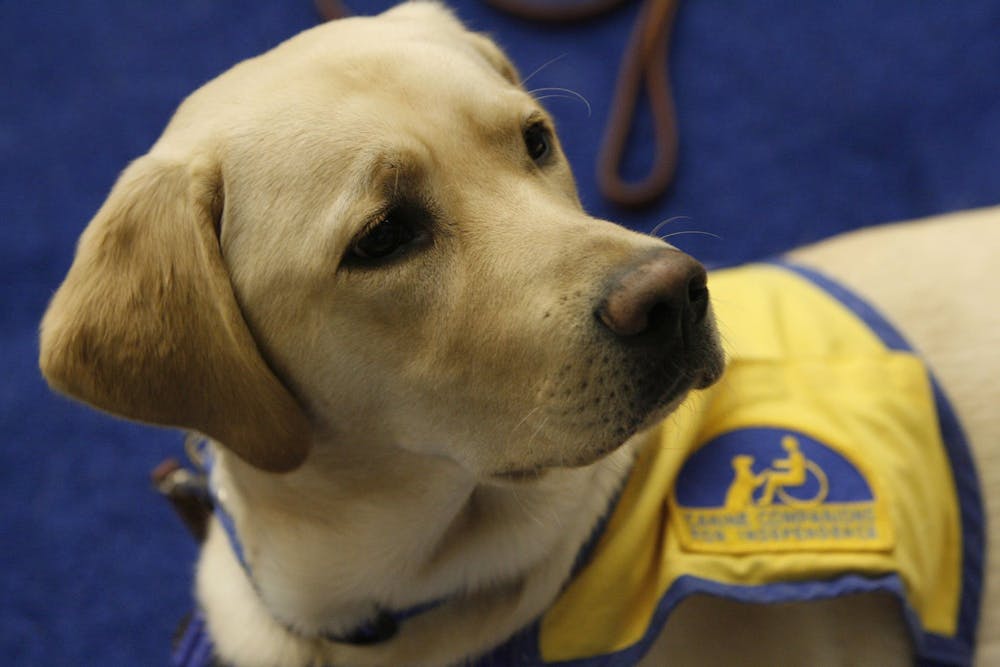By Lauren Zumbach
Chicago Tribune
CHICAGO — Airlines would no longer be required to accommodate emotional support animals under new federal rules proposed Wednesday seeking to rein in passengers who try to bring their pets on board.
The U.S. Department of Transportation said it "wants to ensure that individuals with disabilities can continue using their service animals while also reducing the likelihood that passengers wishing to travel with their pets on aircraft will be able to falsely claim their pets are service animals."
Federal laws currently require airlines to permit passengers with disabilities to travel with service and emotional support animals in the cabin, though support animals don't have to have the specialized training service animals receive. Unlike pets, service and support animals fly at no added fee.
U.S. airlines have already been tightening rules for emotional support animals over the past couple years, citing an increase in problems with animals in the cabin as they have become more common on flights. Airlines limited the number of support animals passengers could travel with and barred more exotic support animals travelers attempted to bring aboard, such as peacocks, turkeys and snakes.
Transportation officials said last year they were working on new rules for service animals. Under the proposal, which must undergo a public comment phase before being finalized, airlines wouldn't be required to treat emotional support animals differently than a household pet.
The proposal would define a service animal as a dog "individually trained to do work or perform tasks for the benefit of a person with a disability." Psychiatric service animals would have the same requirements as other service animals.
That means airlines wouldn't be required to fly other kinds of service animals, such as miniature horses. They would also be able to limit passengers to two service animals that fit within the traveler's foot space on the aircraft.
Airlines would be allowed to require passengers to submit forms developed by the transportation department attesting to the animal's good behavior, health and ability to either not relieve itself or do so in a sanitary way on long flights.
Carriers could also require travelers with service animals to check in an hour before other passengers to allow time to process the animal's documents, the transportation department said.




